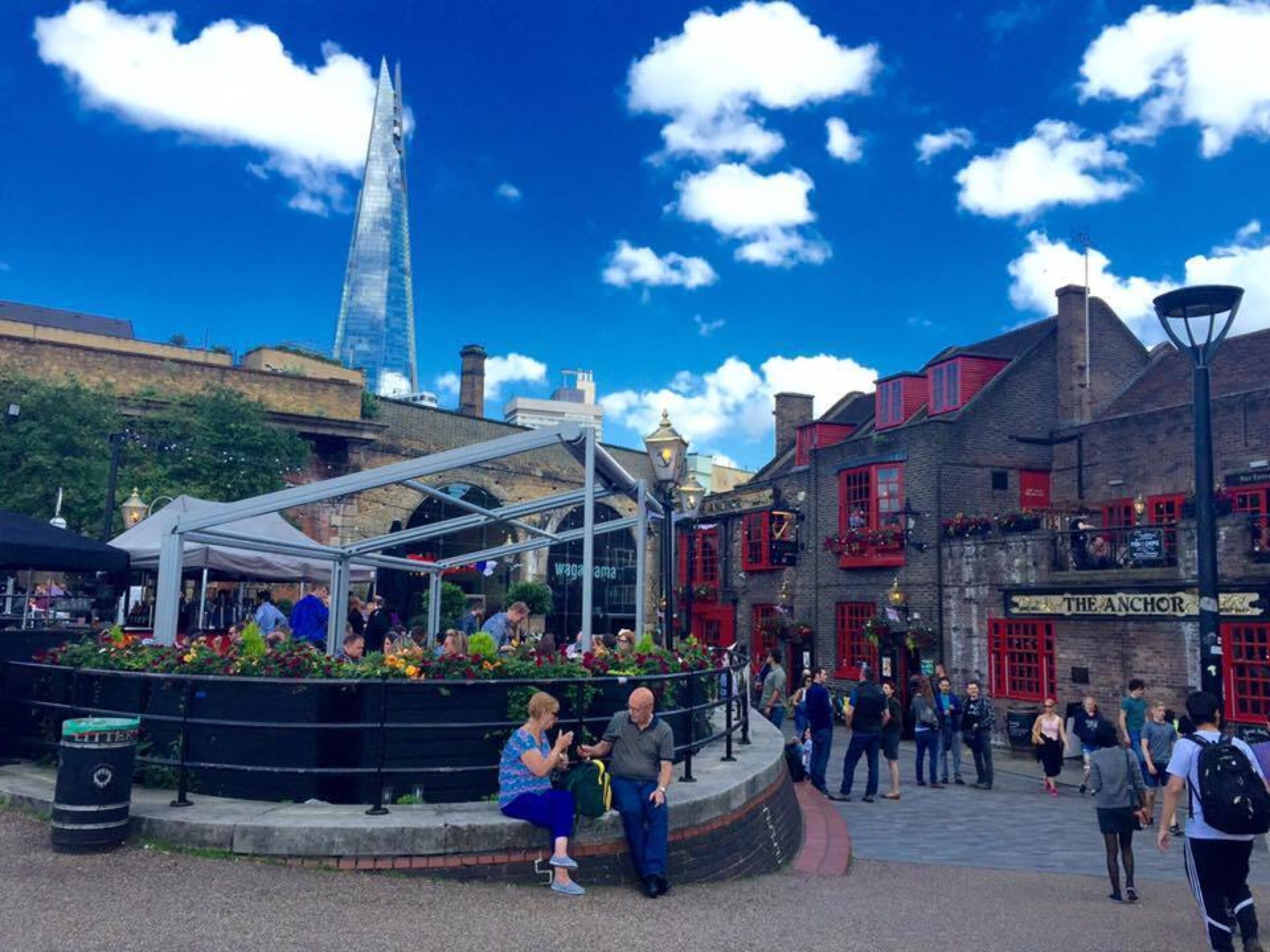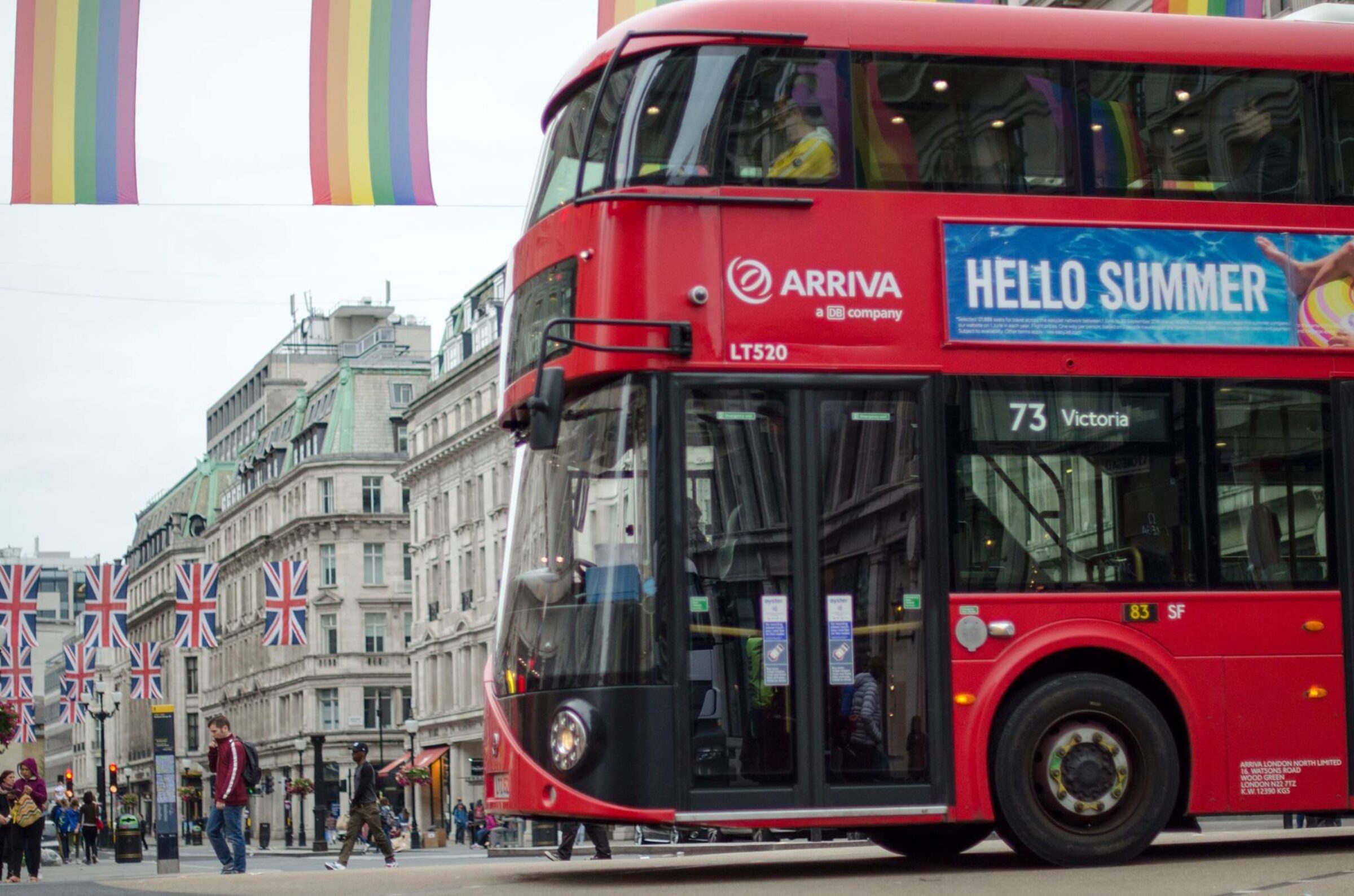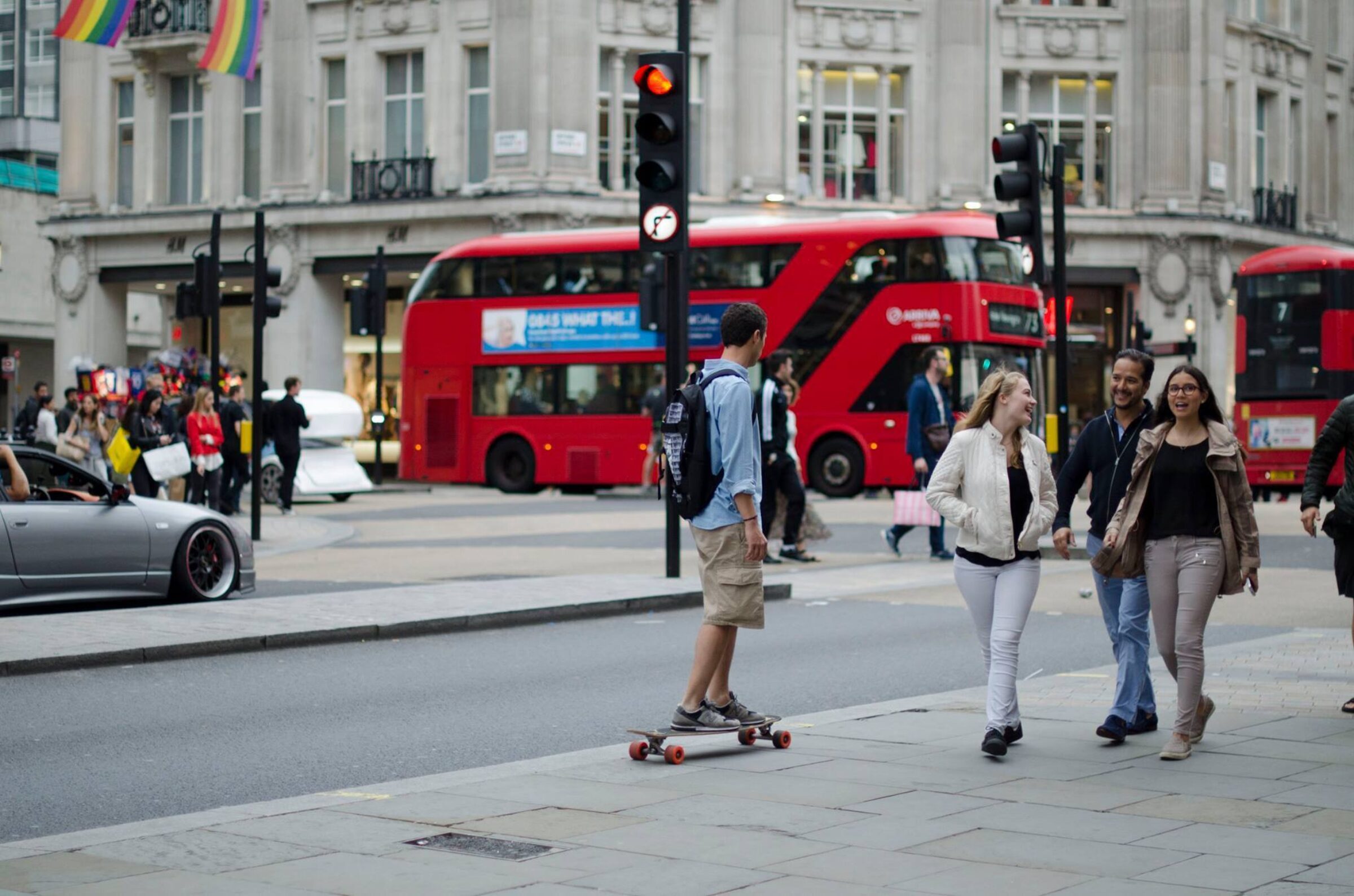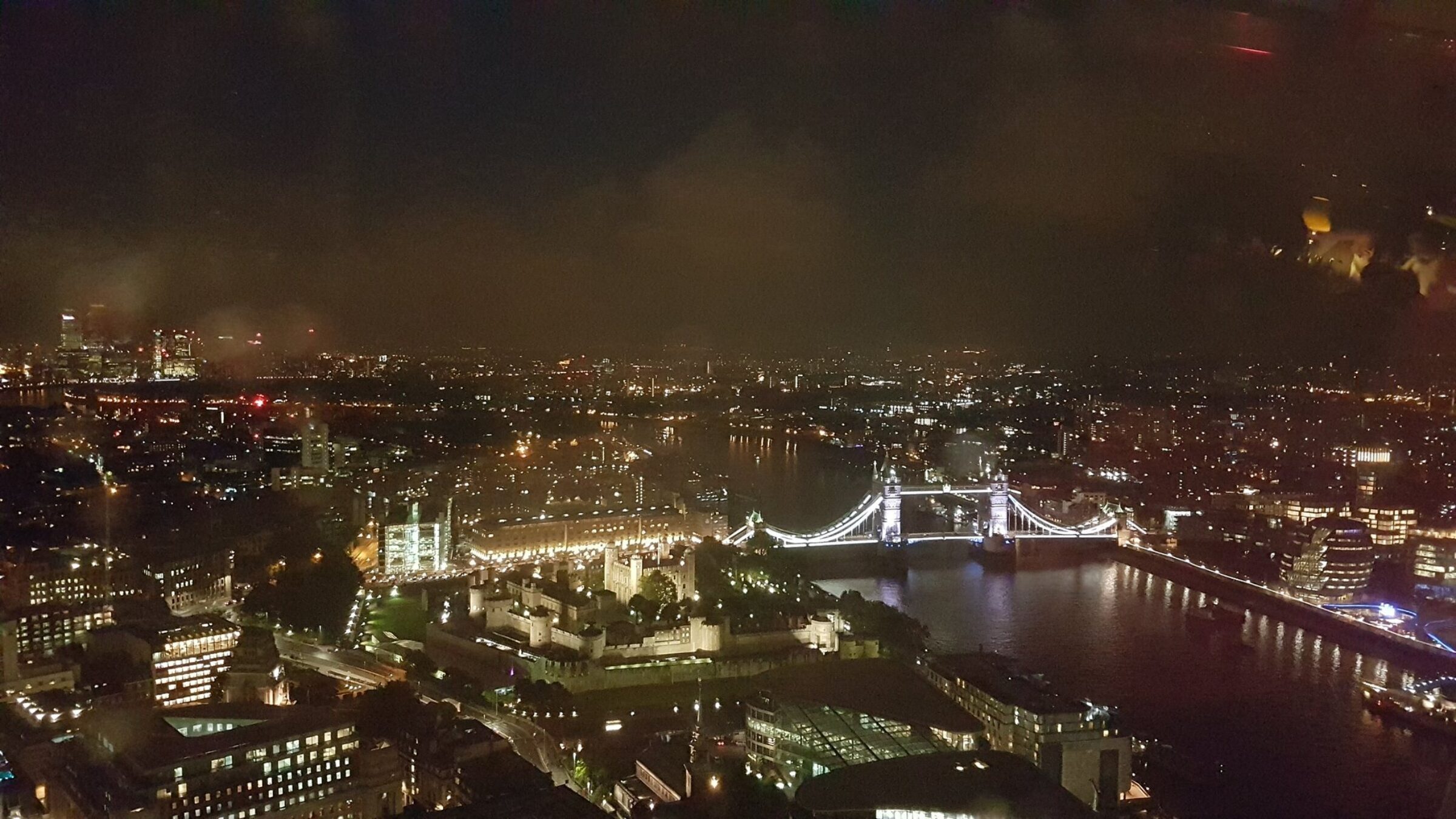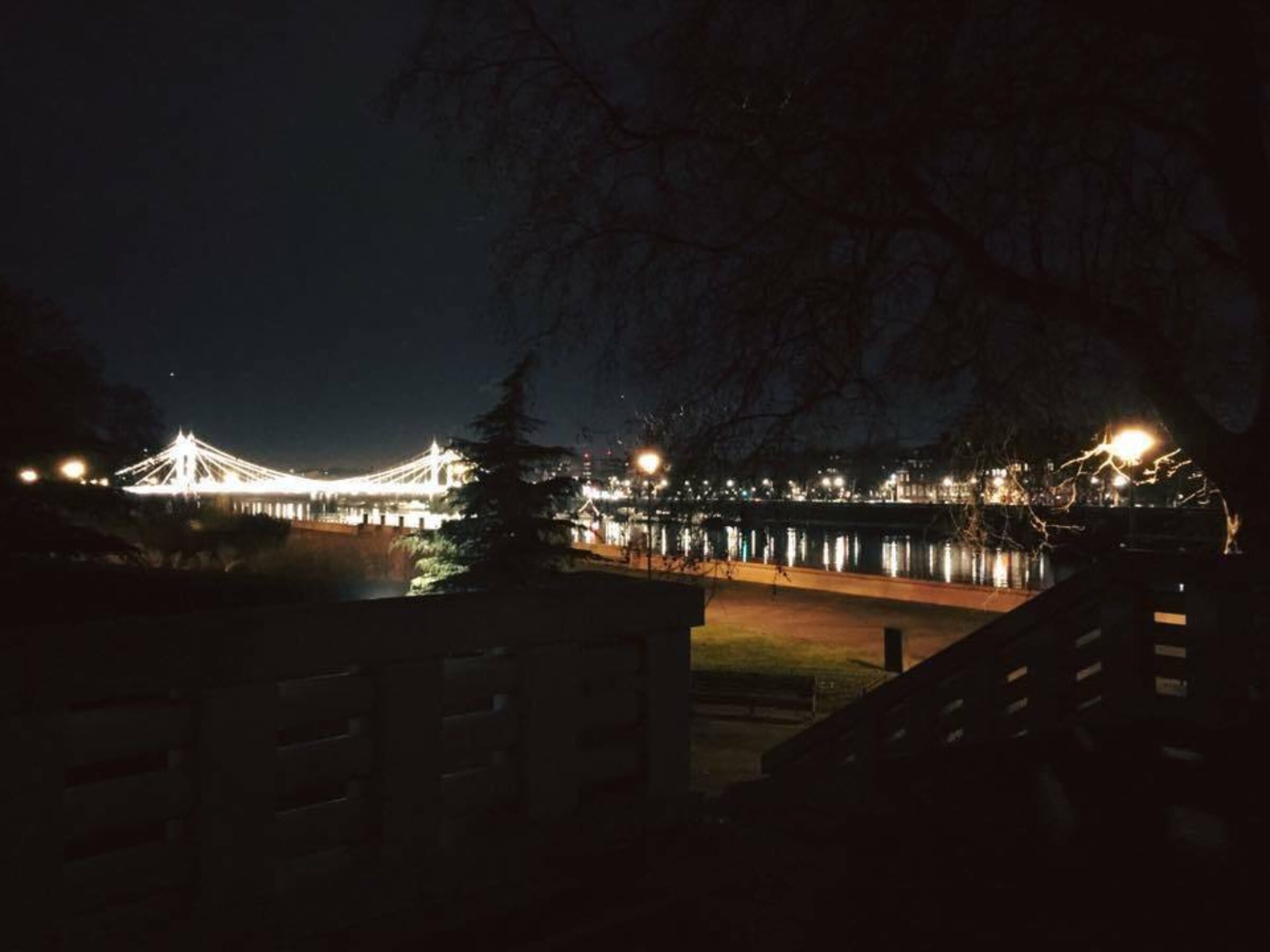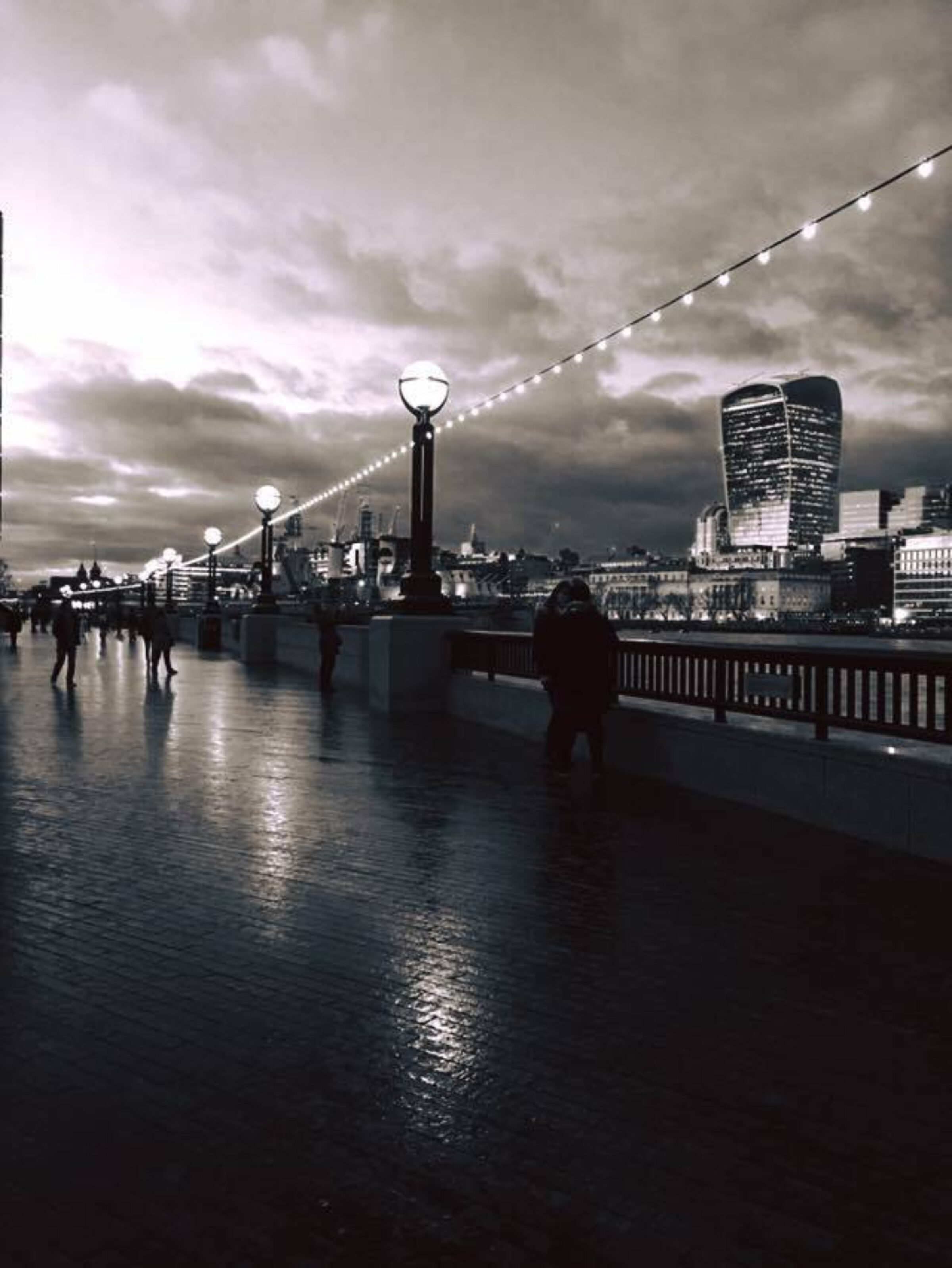Country of the month: France

- What is the capital of your country? Which language(s) do you speak?
It goes without saying that Paris is one of the most famous cities in the World. According to Mastercard’s annual Global Destination Cities Index, Paris has been ranked third for several years, with almost 17m visitors every year. Sights in Paris are diversified and plentiful. First of all, The Eiffel Tower, the Champs de Mars, Sacré-Coeur Basilica or Notre-Dame are very well known. But also, there are several different areas, each one more interesting than the other, such as the Latin Quarter, known for its student life and friendly atmosphere, which hosts the Sorbonne University of Paris among others famous high schools. The Asian Quarter, not only Chinese but also Vietnamese, Laotian and Cambodian with many shops and restaurants where one can find and taste amazing specialities from Asia. There is also Saint-Martin, which is crossed by a canal and has very beautiful places with trees, seats, cafés and bars. One can stroll along the canal and take a break, sitting on a public bench while enjoying a pastry with friends.
(Sacré-Coeur Basilica)
Another quarter to see is Quartier de la Goutte d’or (Drop of Gold Quarter), it has a large number of North African and sub-Saharan residents, and one can find many shops and restaurants that provide specialities from Africa and Maghreb. People there speak different languages, such as Arabic, a language that I speak as well. I stayed in Chateau Rouge four years when I was a student in Paris, it was a wonderful time during which I met people from all over the world, all living in only one place. According to the Insee, the French Institute of Statistics, this neighbourhood is the most cosmopolitan one in the capital. Strolling through its streets is like travelling over different countries of the World; a truly exciting and pleasant experience. Another popular quarter is the Père Lachaise Quarter. It hosts the famous Père Lachaise Cemetery, which is the largest cemetery in Paris and perhaps the most visited necropolis in the world (3.5m visitors a year). You might ask yourself why. It’s because it contains the tomb of many famous artists and historical figures. For example, Molière the French playwright; Oscar Wilde the famous Irish novelist and playwright; Jim Morrison for music fans; Sarah Bernhardt the French stage actress; Jean Moulin leader of the French Resistance during the WWII and many other men and women who have left traces in the memory of our societies. Undoubtedly, Paris, in one sense, is a legacy of the past in terms of its architecture and sights and by the traditions that every generation follows. In another, Paris is a new and cosmopolitan city, with a newly emerging character, shown by the mix of different and interesting people. - What is the food speciality of your country? In 2008, UNESCO included France's culinary heritage in the list of Intangible Cultural Heritage of humanity by the request of N. Sarkozy, French president at that time. This says a lot about the food culture in France. As the French Parliament said to support its application, French gastronomy is a living and popular tradition, anchored in our culture. It’s true, as French people, we like taking time for breakfast, lunch and dinner, they're all important time in our daily life. It’s what we commonly call in France “a French way of life”. Without doubt, France is known for its culinary specialities, but what are they exactly? For sure, it’s difficult to resume the French food culture in a few paragraphs, but I’ll try to give you some information to have a general idea of our daily life. Let’s start with breakfast! For breakfast, usually, we have a hot drink such as coffee, with milk or just black, or else hot chocolate and a glass of juice at the end, to be productive the whole day. The coffee is accompanied by a few slices of baguette, on which butter and jam are spread, or for gourmets you can have “viennoiseries”. Viennoiseries are made in what we call a “Boulangerie”, which is a bakery. When you walk the streets in the morning, you can smell the superb aromas of baked goods; just amazing!(Viennoiseries)
Lunch is usually between noon and 2pm. For busy people, jambon-beurre is the most common sandwich eaten for lunch, a simple baguette spread with butter (again!) and a slice of ham. Nowadays, bakeries offer many types of sandwiches, not only jambon-beurre, and also serve “quiche” such as quiche lorraine or salmon & spinach and different kinds of pizzas as well. And for those who are health-conscious you can have plenty of salads such as salade nicoise, hot goat, rice or pasta salad. However, if you buy one of these, don’t forget to have a pastry (patisserie) with it: mille-feuille, pie, a slice of flan and so many good things… or simply a yogurt; we like to always finish our lunch or dinner with something sweet.
For those who have time, generally we take a seat in a “brasserie” or “bistro”: popular small restaurants that serve everyday food at affordable prices such as;- Steak Frite: steak, chips and salad; simple but so good.
- Steak Tartare: steak tartare is a dish based on raw beef or horse (rarely) and coarsely chopped with chips and salad.
- Gratin Dauphinois, the simplest food but it tastes so good: potatoes, clotted cream and milk, all cooked in the oven - that’s it.
- Boeuf Bourguignon: chunks of beef stewed in red wine with vegetables and mushrooms. It originated in Burgundy, a region famous for its cattle farms and red wines, hence the name of this dish.
- Pot-au-feu: This is a beef stew with vegetables and is historically the most celebrated dish in France.
- Quenelles: speciality of Lyon, my city, sometimes described as the “world capital of gastronomy”. I know it’s pretentious but it’s the reality ;).
- Couscous : originally a Maghrebi This was voted as the third-favourite dish of French people in 2011, according to the magazine Vie Pratique Gourmand. Usually served on Thursdays.
- As for drink, beer or a glass of wine with food are common, and coffee or digestif at the end. And don’t forget dessert!

(Pot-au-feu)
So far I’ve talked about traditional food, but nowadays the culture has changed a little bit, most of the youth prefer to go to restaurants called grec, kebab or snack to have some “junk food” like a “grec” in Paris which is a kind of pita bread with meat, cheese and condiments, with a separate serving of chips. In Lyon you can have the famous Tacos Lyonnais, also known as the French Tacos, which consists of a flour tortilla grilled and folded around a filling of french fries, cheese, and meat and then served grilled. Dinner is a special moment of the day. According to the Insee, dinner in France is at 8pm and is considered the most important part of daily family life. At that time, all members of the family gather together and each share their experiences of the day, it’s a time for coming together more than a time for food. More generally, popular symbols of French culture are the baguette, and wine & cheese. However, plenty of delicacies can be considered part of the French culture, like frog legs, that’s why we’re called “froggies” by the British, also snails with parsley butter.(Snails with parsley butter)
- Can you briefly describe your country? (What make your country famous? National sport? Do you have sea or/and mountains in your country?) I would say many things make my country famous, both those of the past and those of today. During the 17th century, French replaced Latin and was lingua franca until the 19th century and was most important language of diplomacy and international relations. Today, France’s influence is still strong. According to the Center of Public Diplomacy, University of Southern California, in 2017, France was placed first in the Soft Power 30 ranking. The report also mentions that France has welcomed more tourists than any other country in the world for many years. In doing this, France has earned the trust of the other countries because of its presence on the international scene, and this in the following domains.- Industry: France does well in different sectors of industry such as
- The Food industry with companies like Danone or Evian
- The Chemical industry with companies like Total, Areva
- The Pharmaceutical industry: Sanofi or L’Oreal for citing only them.
- Sport: Is it necessary to remind you that France won the last Fifa World Cup, and for the second time? In addition to this, in the last four consecutive years, Olympique Lyonnais have won the Women’s Champion’s League, and we’re the most successful club with six titles. We also won this year, in 2019, against Barcelona!
- Tourism: As we mentioned above, France is ranked first for tourism. Our country has the famous French Riviera, or Côte d’Azur in French, which used to be a playground and a vacation spot for many British, Russian and Germans in summer. This area includes Monaco, famous for its gambling industry - as the ABBA band said in the song Money, Money, Money: “So I must leave, I'll have to go, To Las Vegas or Monaco, and win a fortune in a game, My life will never be the same”.
- Cultural scene: Marseille Provence the third biggest area in France, was chosen as the European Capital of Culture in 2013, this accolade attracted about 11m visitors.

(Marseille Provence)
- Is there any superstition in your country? Yes, there are many superstitions in France, but I don’t know if people believe them or not:- A broken mirror - 7 years bad luck
- The number 13 is bad luck or if the 13th falls on a Friday
- Opening an umbrella inside attracts the evil eye
- Walking underneath a ladder is unlucky
- Touching wood is lucky








